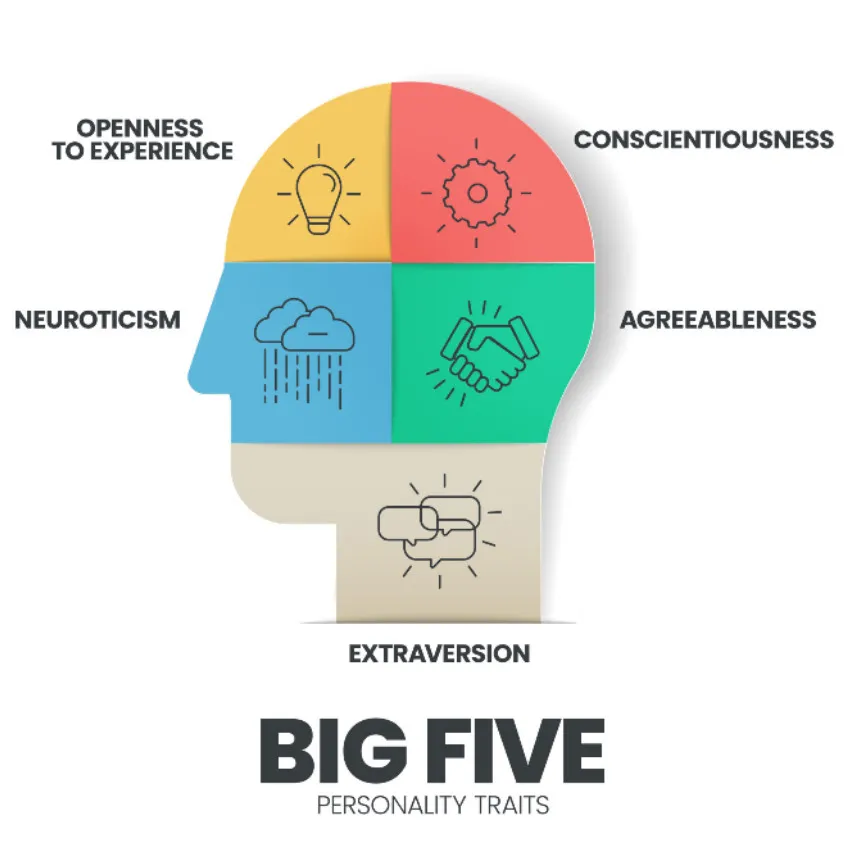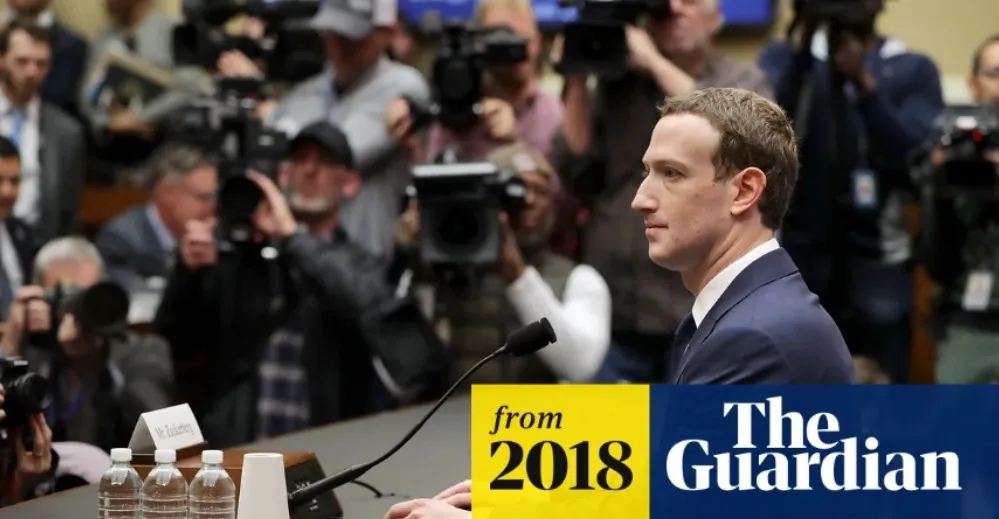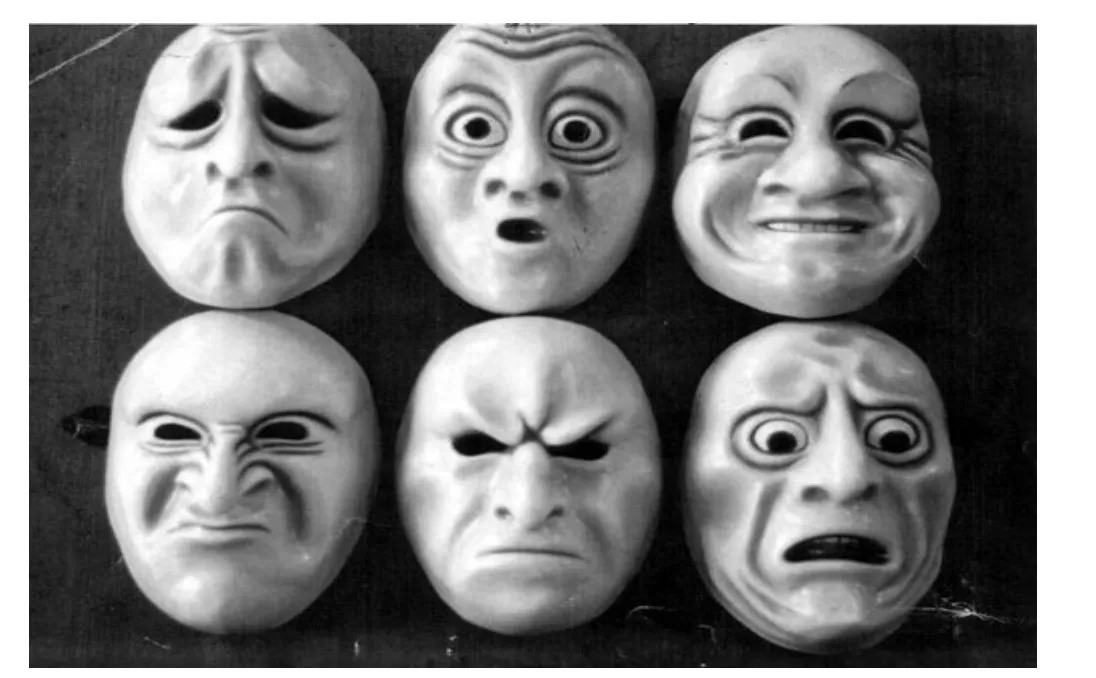We like to think we’re the stars of our political story—choosing our beliefs, casting our votes, and marching to the beat of our own ideology. But what if the lines were written before we even stepped on stage?
Politics isn’t just playing out in parliaments or protest lines. It lives in us—in our personalities, our emotions, our habits, and our digital feeds. Like actors in an invisible play, we perform roles scripted by forces we rarely see: psychology, group identities, the media, and our moral instincts.
Let’s pull back the curtain.
You might think your politics are founded in reason. But research shows there's something else at work—something quieter, and far more powerful. “Personality affects the attractiveness of particular sources of political information” (Gerber et al, 2010), additionally with external influences of the media, operating beneath the surface of conscious decision-making.
The Big Five-Personality Traits
You might think your political leanings come from deep reflection or informed research. But psychologists have found that personality traits quietly shape where we land on the ideological spectrum—often before we’re old enough to vote.

Open-minded and curious? You’re more likely to lean liberal, drawn to novelty, complexity, and progressive change. Further, it is “associated with a broad range of engagement with political information and political knowledge” (Gerber et al, 2010).
Orderly and tradition-focused? High conscientiousness often correlates with conservative values, favouring structure and responsibility.
Agreeable? You might support policies focused on cooperation and equity.
Extraverted? You’re probably more politically active—regardless of ideology.
Anxious or reactive? That’s neuroticism, and it can swing either way—driving some to disengage, others toward reactionary movements when feeling threatened.
These “core dispositional personality traits” (Gerber et al, 2010) don’t lock us in. But they create the stage we’re most comfortable performing on.
Our Moral compass
If personality shapes the set, then morality writes the dialogue.
According to Jonathan Haidt’s Moral Foundations Theory, liberals and conservatives draw from different sets of moral values.
Liberals emphasize care and fairness—protecting the vulnerable and promoting equality.
Conservatives value those too, but add loyalty, authority, and structure into their ethical mix.
Think about it: Liberals see immigration as a humanitarian issue, versus Conservatives who often see it as a question of law, national identity, or cultural preservation.
Both sides believe they’re moral—but they’re speaking different moral languages. That’s why political debate often feels like two monologues instead of a conversation.
From Belief to Action?
But beliefs alone don’t drive action. What is it that turns ideology into protest signs or ballot stubs? A big factor: political efficacy—the belief that your actions matter.
Without that belief, even strong convictions fade into silence. When people feel ignored or powerless, many retreat from politics altogether. Others become hyper-engaged, fuelled by emotion.
And don’t forget emotion. Anger sparks protest. Hope fuels campaigns. Fear can radicalise—or paralyse. Every political movement has a feeling behind it.

Emotion is behind every political action and decision. Activist movements like Black Lives Matter or Fridays for Future, further show how political efficacy and emotional resonance turn values into mass mobilization.
Then there's group identity, which powerfully shapes our sense of belonging or alienation. When people feel excluded or repeatedly ignored by the system, many experience learned helplessness, leading to disengagement. Others, overwhelmed by the 24/7 political noise machine, succumb to emotional burnout, retreating from politics not out of apathy, but from sheer overstimulation.
The Digital Director
And if our personalities and emotions provide the script, modern media directs the stage lighting and sound cues. Media doesn’t just mirror opinion- it manufactures it. Loudly. Online you are in a bubble. Algorithms know what you like and keep feeding it to you; we are shown content that aligns with what we already believe. This not only strengthens our convictions but narrows our worldview. Social media rewards emotional content—especially outrage and moral condemnation—because that is what gets clicks.
The media you consume is not random— it is a feedback loop, reflecting not the world but merely your psychological profile.

As illustrated, alarmingly, in 2018 Facebook failed to protect users’ personal data in the Cambridge Analytica scandal. It revealed how user data was harvested to target voters with personalized political ads that played on emotion and identity (Criddle, 2020).
The result? Our political views harden into identity. And when beliefs become who we are and it becomes harder to listen- let alone empathise- with those who see the world differently.
So, Who Wrote Your Politics?
You did. But not alone.
Your temperament. Your upbringing. Your moral instincts. Your emotions. Your media habits. They have all shaped your political character.
The idea of the fully rational, self-authored political actor is comforting. But the truth is, we are far more scripted than we realise, performing roles written by forces we often don’t see.
Seeing the script does not weaken your role- it strengthens it. Making room for empathy, self-awareness, and perhaps even for change. Because once you see the script, you can start to rewrite it.
 Annabel Gowling
Annabel Gowling